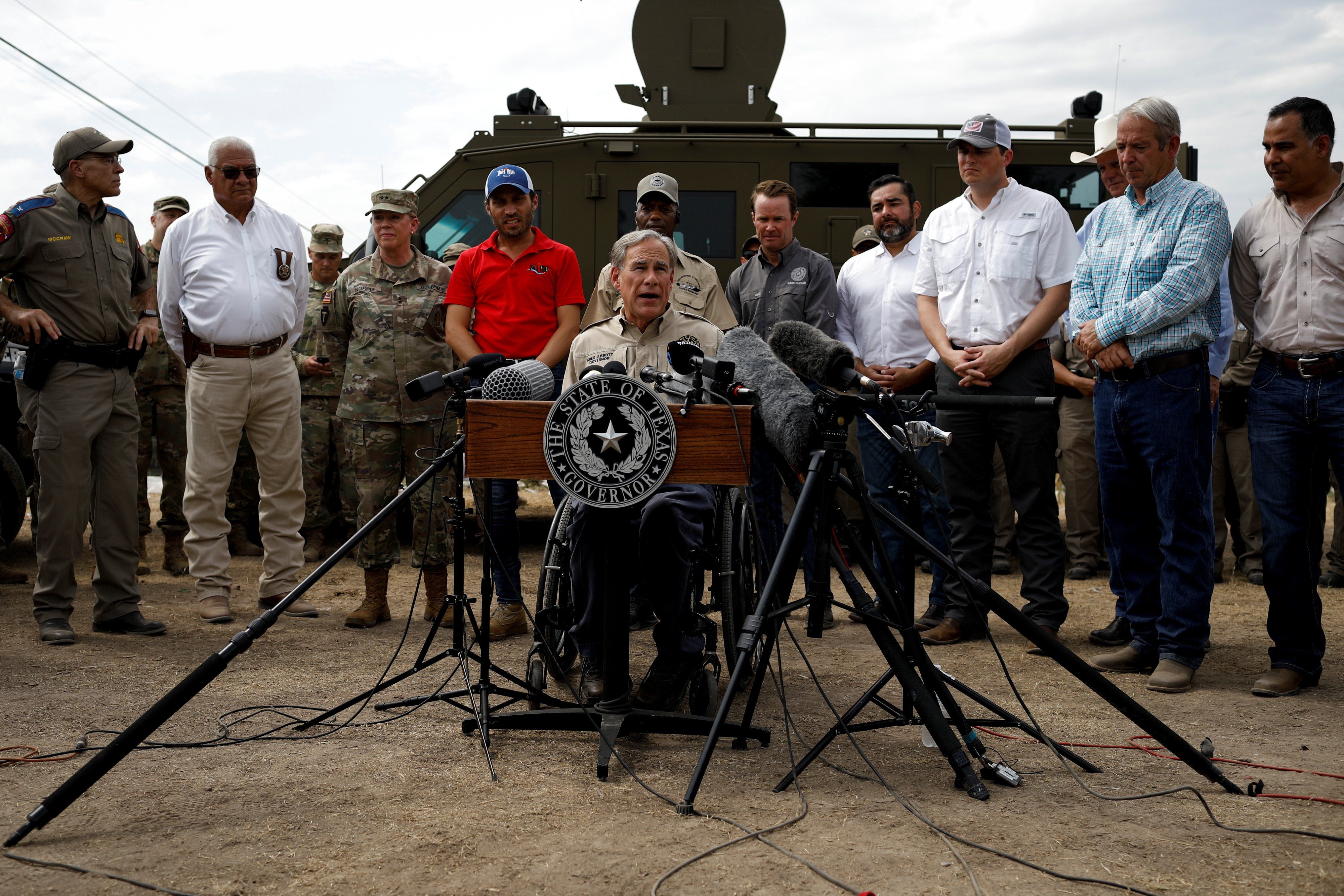Texas Governor Gregg Abbott speaks during a news conference near the International Bridge between Mexico and the U.S
REUTERS/Marco Bello
Texas Gov. Gregg Abbott just signed SB4, a bill that is being described as the harshest state immigration law in modern US history, into law. Set to take effect in March 2024, it will allow law enforcement in the Lone Star State to arrest and jail migrants on new state-level illegal entry charges and enable state judges to issue de facto deportation orders.
Critics argue that the law could lead to racial profiling and wrongful arrests of US citizens and legal immigrants. Legal experts are questioning the law's constitutionality, as immigration laws can only be enforced by the federal government. Meanwhile, the American Civil Liberties Union has already vowed that they will see Gov. Abbott in court.
The law's supporters, however, argue that it is necessary due to perceived inadequacies in federal immigration enforcement. They believe the law will help protect Texans and deter illegal immigration.
Showdown looms: Whatever the stance, it is likely to trigger a high-stakes legal and political clash between the Texas government, civil rights groups, and the Biden administration. It also raises significant questions about the future balance of power between state and federal authorities in immigration enforcement at the southern border.